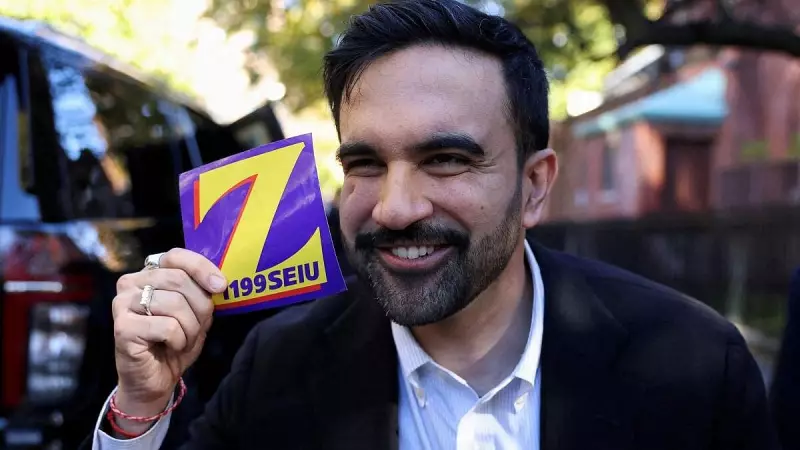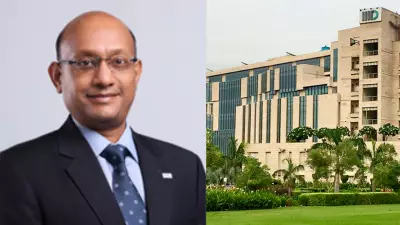
Renowned scholar Mahmood Mamdani has ignited a crucial conversation about the future of university education in India during his recent engagement with the University of Hyderabad. The Columbia University professor, known for his groundbreaking work in African studies and political science, delivered a series of lectures that challenged fundamental assumptions about higher education's purpose and structure.
Confronting Colonial Legacies in Education
Mamdani's central argument revolves around the persistent colonial framework that continues to shape Indian universities. He compellingly demonstrated how Western knowledge systems remain the default standard, while indigenous knowledge and contextual understanding are often marginalized. The professor pointed to the fundamental disconnect between what students learn in classrooms and the realities they encounter in their communities.
During his keynote address at the Institute of Advanced Study in Humanities and Social Sciences, Mamdani emphasized that true educational reform must begin with decolonizing the curriculum. He argued that the current system often produces graduates who are theoretically sophisticated but practically disconnected from their social and cultural contexts. This gap between academic knowledge and ground reality represents one of the most significant challenges facing contemporary higher education.
The Hyderabad Experiment: A New Educational Model
The University of Hyderabad has emerged as a potential testing ground for Mamdani's educational philosophy. The institution has initiated discussions about establishing a new college that would embody these revolutionary principles. The proposed model emphasizes contextual learning and community engagement as core components of the educational experience.
Mamdani's vision extends beyond mere curriculum changes. He advocates for a fundamental restructuring of how knowledge is produced, validated, and disseminated. Interdisciplinary approaches and local relevance would form the foundation of this new educational paradigm. The proposed reforms aim to create graduates who can effectively address local challenges while engaging with global conversations.
Beyond Critique: Building Alternative Frameworks
What makes Mamdani's contribution particularly significant is his move beyond criticism to constructive alternatives. He doesn't merely identify problems but offers practical pathways for transformation. His work at Makerere University in Uganda serves as a living laboratory for these ideas, demonstrating that alternative educational models can succeed in post-colonial contexts.
The scholar's approach combines theoretical rigor with practical implementation. He emphasizes the need for institutional courage and pedagogical innovation to break free from inherited colonial structures. This requires rethinking everything from course content to assessment methods, from faculty development to student engagement strategies.
Mamdani's engagement with Indian academia comes at a critical juncture. As universities worldwide grapple with questions of relevance, accessibility, and decolonization, his work offers valuable insights for the Indian context. The University of Hyderabad's willingness to engage with these ideas signals a potentially transformative moment in Indian higher education.
The ultimate test of Mamdani's vision will be its implementation. Can Indian universities muster the institutional will to challenge entrenched systems? Will they embrace the difficult but necessary work of creating educational models that truly serve Indian students and society? The conversations initiated by Mamdani's visit suggest that meaningful change might be closer than we think.





